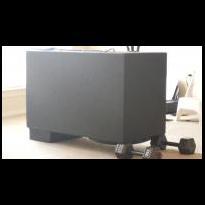Sign in to follow this
Followers
0

lifeline batteries
By
muddybass, in Amplifiers / Head Units / Processors / Electrical
-
Recently Browsing 0 members
No registered users viewing this page.
-
-
Recent Topics
-
- 19 comments
- 326 views
-
- 3 comments
- 80 views
-
- 398 comments
- 33,435 views
-
- 4 comments
- 165 views
-
- 2 comments
- 741 views
-
- 5 comments
- 1,585 views
-
-
-
Recent YouTube Posts



